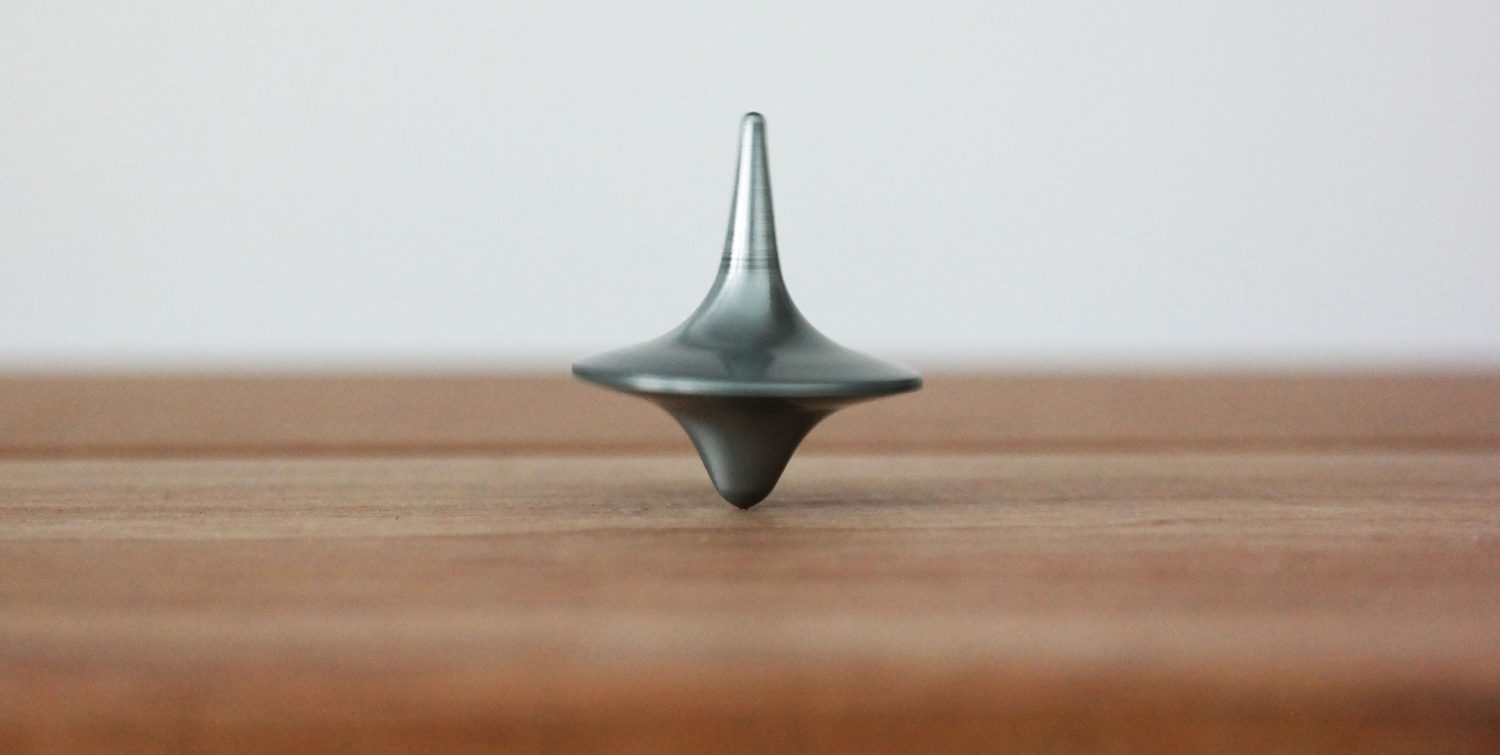Sweet moderation
Tony Blair and Bill Clinton walked the third way in politics together. Their records should be defended, argues Richard Carr.
In the age of Donald Trump and Boris Johnson, it has become fashionable to proclaim the death of the centre-left. Obviously this verdict owes much to the political events of the last five years. But it is also the product of something deeper. In short, to win in the 2010s, populists of left and right have constructed a new and beguiling history of the 1990s and 2000s – one reliant on ignoring, or downplaying, the achievements of the New Democrat-New Labour era. In some ways this was entirely predictable. As Tony Blair told Bill Clinton in their first telephone conversation after New Labour’s astonishing 1997 election result: “Always the right attack you and the left don’t defend you.” This has substantially proven to be the case.
I think it is time to challenge several of the myths that have become embedded in our modern discourse. The first is that the so-called third way – that renewal of social democracy set out by Anthony Giddens – was led by figures whose only goal was electoral pragmatism, and their own self-promotion. In reality, what I dub the ‘march of the moderates’ was a brave project, born of conviction rather than expediency. If Tony Blair had wanted an easy political ride, there were easier paths he could have chosen than standing for the Labour party in the early 1980s. If Bill Clinton was scared of a challenge, he would not have bid for the presidency against George HW Bush, who was sitting on an 89 per cent approval rating when Arkansas’ governor geared up to run. It remains perfectly legitimate to criticise aspects of the two leaders’ careers – and you do not seek political leadership without something of an ego – but the idea that Blair and Clinton were vacuous careerists just does not stand up.
The second major myth was embodied in one of the most famous political slogans of the 1990s – New Labour’s claim that ‘things can only get better.’ Of course, in numerous ways they did. The Owen Jones view that Blair and Brown’s electoral appeal was owed to ‘frankly, despair’ is belied by the new hospitals, smaller class sizes, and Sure Start centres that millions benefited from and that a Labour government made possible. This stuff, not to mention Britain’s first national minimum wage (a policy for which Harriet Harman deserves more credit than she gets) or indeed the record expansion of the US earned income tax credit, was hardly a negligible achievement.
But the truth was that things could also get worse – and having moderate leaders in office also stopped bad things from happening. Bill Clinton twice vetoed bills passed by a rabid Republican Congress to restrict a woman’s right to an abortion and had Bob Dole won in 1996 he would have not only signed such legislation, but taken the US back to Reagan-style levels of economic laissez-faire. Likewise, John Major may have become a sensible voice more recently, but back in the 1990s he and Douglas Hurd were too slow to stop Milosevic’s barbarous regime in the former Yugoslavia. It took NATO bombing – the case for which was masterfully driven by Blair, with key interventions from Madeleine Albright – to save thousands of lives.
The bar, therefore, should not be set at some perfect level, but somewhere closer to political reality – taking into account what their opponents would do, or had done, in similar circumstances. A key example could be seen when the new President Clinton signed into law America’s Family and Medical Leave Act in February 1993. Watching on, the influential Democrat, Michigan Congressman Bill Ford, muttered to colleagues that “it took us seven years to get this fucking bill enacted. Goddamn Republicans”. That was the political alternative – a failure to protect working Americans who needed time to care for a new child or a sick family member or to recover from a serious illness – not some Valhalla.
This leads us to the third major myth: the idea that Blair and Clinton were just a watered-down version of Thatcher or Reagan. Certainly both centre-left leaders saw that the New Right’s offer of low taxes and attacks on trade union militancy had been largely attractive to voters, and had helped fuel growth in both countries. But both Blair and Clinton also believed there had to be lines in the sand, and that economic growth had to be for a purpose. For her part, Thatcher had privatised significant chunks of British industry and used the revenues from North Sea oil to fund the growing benefits bill which rising unemployment brought. Conversely, Blair and Brown used a windfall levy on the privatised utilities to help the long-term unemployed back into work and converted the tax revenues from a booming financial services sector into record investment for Britain’s National Health Service. These were clearly different priorities. We can question the circumstances that led up to the crash, for sure, but the idea that New Labour and the New Democrats presided over some missed opportunity – that the global economic moderation from the early 1990s to the mid-2000s was somehow wasted – deserves severe contestation. Indeed, midway through the George W Bush presidency, the economist JK Galbraith was reflecting back to friends that “the Clinton Years, as they must be called, were clearly the best since those of FDR”. On many measures, he was right.
The fourth major myth we should challenge is that New Labour was a valueless project that merely took advantage of a collapsing government. This, again, is bunk. There can be few blessings from being out of power for so long, but one is that it gives the intellectually nimble time to cast their eyes around for new ideas. As such, the march of the moderates was a truly transnational project spanning several years. Back in the mid-1980s, Neil Kinnock regularly visited America, and his famous anti-Militant speech in 1985 led one future Clinton staffer, Jack Loiello, to joke that the Welshman was ‘now ready to join the Democrats’. Had this been possible, he would have had many pre-existing connections. Pat Hewitt and Hillary Coffman, Kinnock’s aides, kept a close eye on the American scene, and saw that their boss remained in touch with figures such as Ron Brown, Walter Mondale and Pat Moynihan. Joe Biden became a firm friend of Kinnock, particularly after the 1987 controversy when the Delaware Senator was accused of plagiarising a Kinnock speech during his first run for president. If nothing else, that episode at least showed that would-be Democratic leaders were listening to what Labour’s leader was saying.
Importantly, Kinnock’s interest helped kickstart a subsequent British invasion to the US, including then students Douglas Alexander (who volunteered for Michael Dukakis) and David Miliband, studying at the Massachusetts Institute of Technology. Brown and Blair had first visited in 1984 and 1986 respectively, and, by late 1988, Ed Balls could regularly be found chomping on a burger in Charlie’s Kitchen in Boston, reflecting on his latest chat with Robert Reich or Larry Summers at Harvard.
Such new horizons brought fresh perspectives. Balls’ view of the then ongoing American presidential election was that otherwise able Democratic candidates like Dick Gephardt and, to some extent, Michael Dukakis had shown “a level of economic nationalism around trade – certainly at a level coming from a British perspective – that was surprising”. Not only did Balls find this uncomfortable, it had also proven electorally unpopular, and new thinking was needed. In 1983, Michael Foot had lost on a pacifist and siege economy strategy in the UK, whilst the more moderate Kinnock went down to defeat in 1987. In 1988, Dukakis had further improved the progressive offer somewhat, but still hadn’t embraced change to a degree that would get the Democrats into the White House. For Balls, it was now clear that the centre-left had therefore “to really accept globalisation, not uncritically, but with a mindset that broadly said it was a good thing that we needed to mitigate the risks of, rather than seek to avoid”. The transnational dialogue between centre-left figures was beginning to produce some common solutions.
In November 1992, Bill Clinton, backed by New Labour’s Yvette Cooper (who survived on a diet of baked potatoes, sweetcorn and bananas when researching health and crime policies for the Democrats) and Philip Gould, advising on media strategy, finally proved that progressives could win again. Within weeks, Tony Blair and Gordon Brown were in New York and Washington, probing New Democrats like Al From and Sidney Blumenthal on the latest DLC and PPI think tank pamphlets. Though impressed by Brown’s detailed grasp of American politics, Blair appeared to Clinton pollster Stan Greenberg “like a Bill Clinton without all the complexity”. Their leader John Smith was less impressed, telling Peter Mandelson that “we don’t need any of this fucking Clinton stuff over here”. But he was too late: Blair and Brown had fully bought in.
After Blair became leader, he went full steam ahead on modernisation – fully aware that, if he could win power, then he could perhaps even eclipse Clinton. After all, following his midterm election disaster in November 1994, Clinton was a Democratic president hemmed in by a Republican congress. This not only limited what he could do, but the legacy he could bequeath. As such, whilst tax credits and ‘tough on crime, tough on the causes of crime’ were significantly Clintonian, it would be New Labour which would manage to define the third way most effectively. As Al Gore’s former advisor David Osborne now notes: “We were envious of the success Tony Blair had as a third-way leader [and] he appeared from afar to be ac-complishing what we hoped Bill Clinton would: creating a modern Labour party that could rule for some time to come and address the social and economic inequities that conservatives generally don’t address.” Bruce Reed, Clinton’s domestic policy advisor, would go on to tell David Miliband ahead of an expected May 2001 election (delayed a few weeks into June by the foot and mouth outbreak) that he was ‘counting on you to keep the third way alive.’
And so they did. New Labour’s 13 years in power, and its huge majority for the first eight of those, meant that in areas like education, welfare reform, and health it could go far further, far faster than Clinton. We can debate the downsides, but, ultimately, their governance improved millions of lives from Pristina to Penzance. All progressives should continue to defend that record.
Photo by Christophe Hautier on Unsplash

